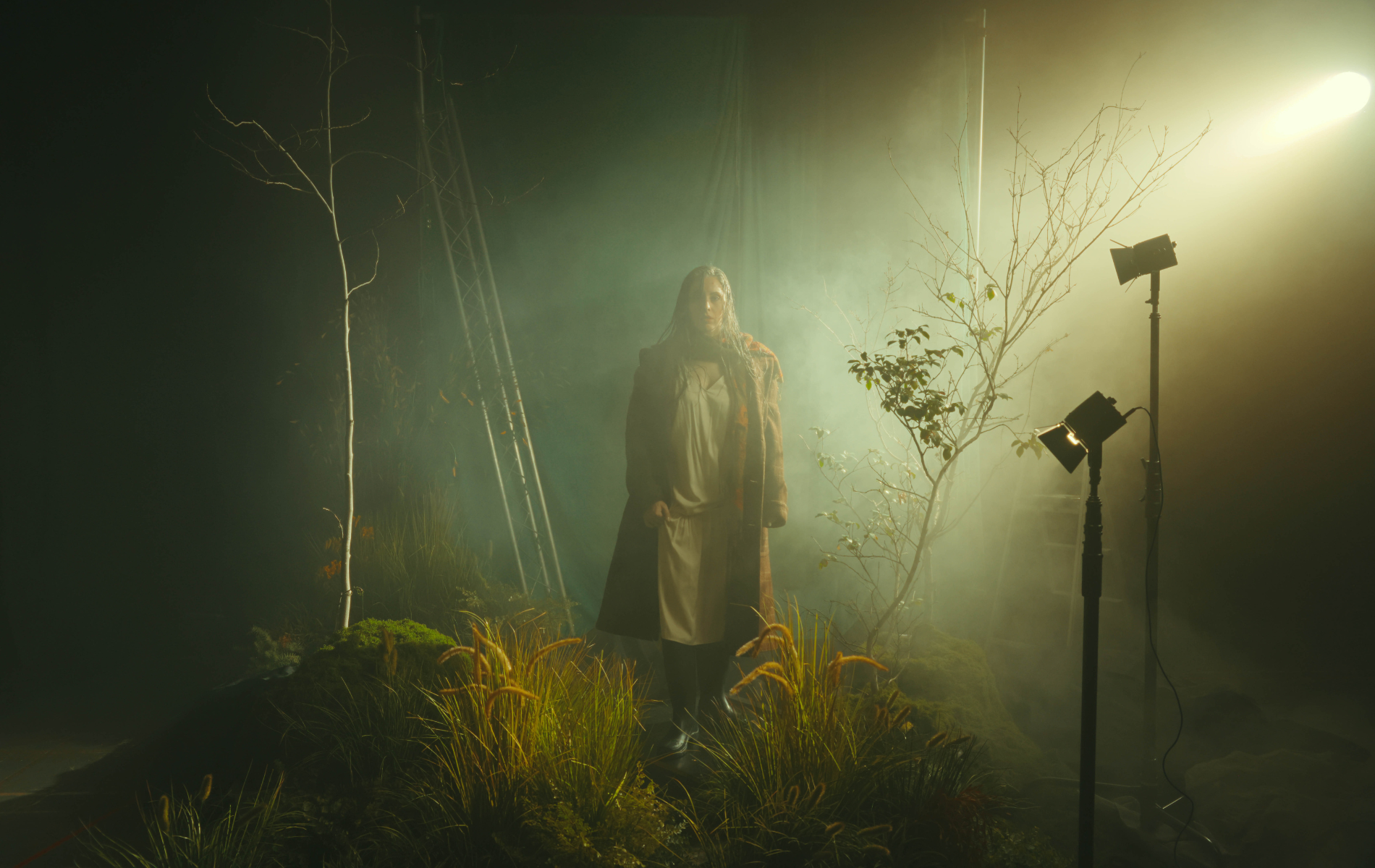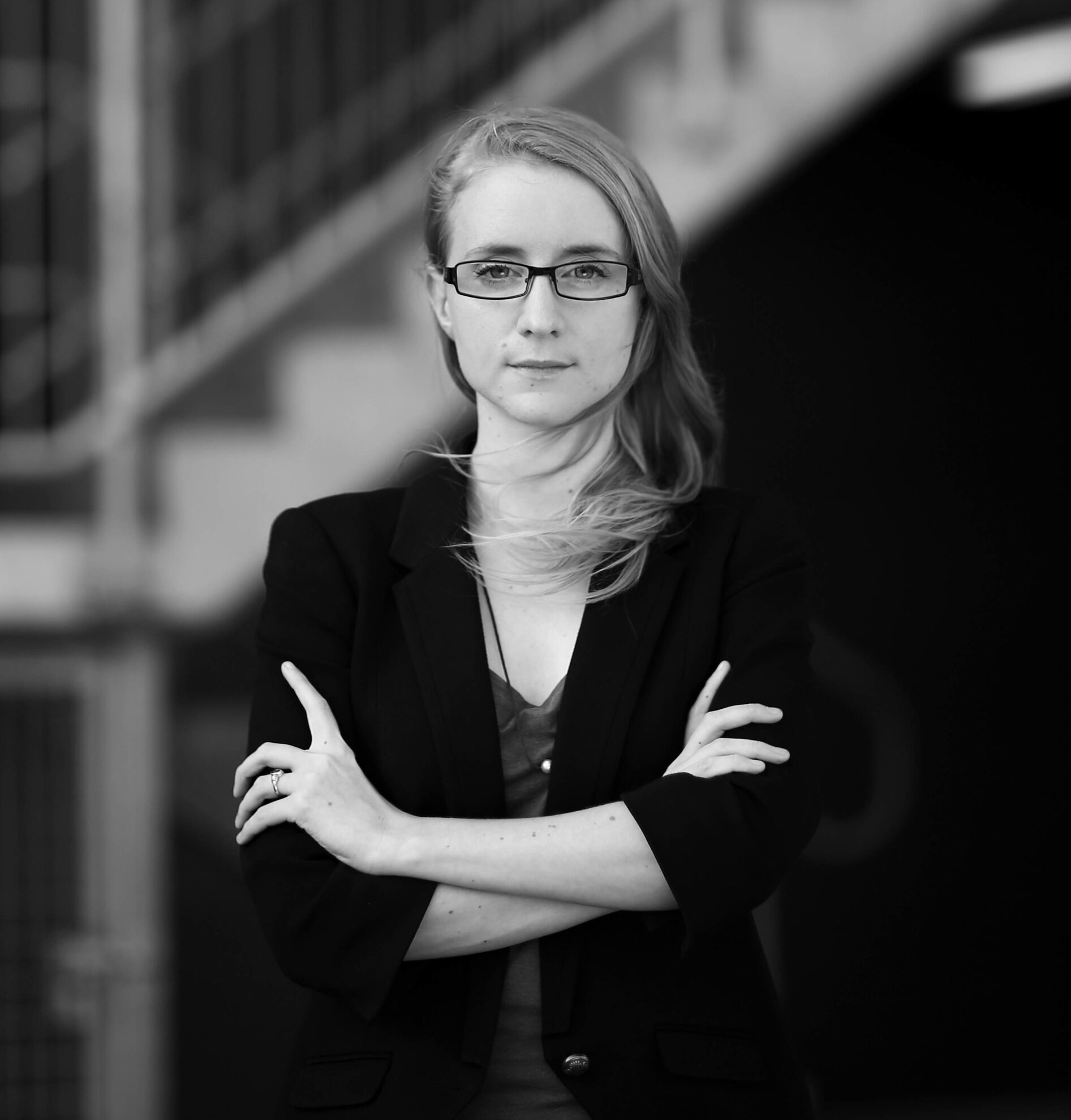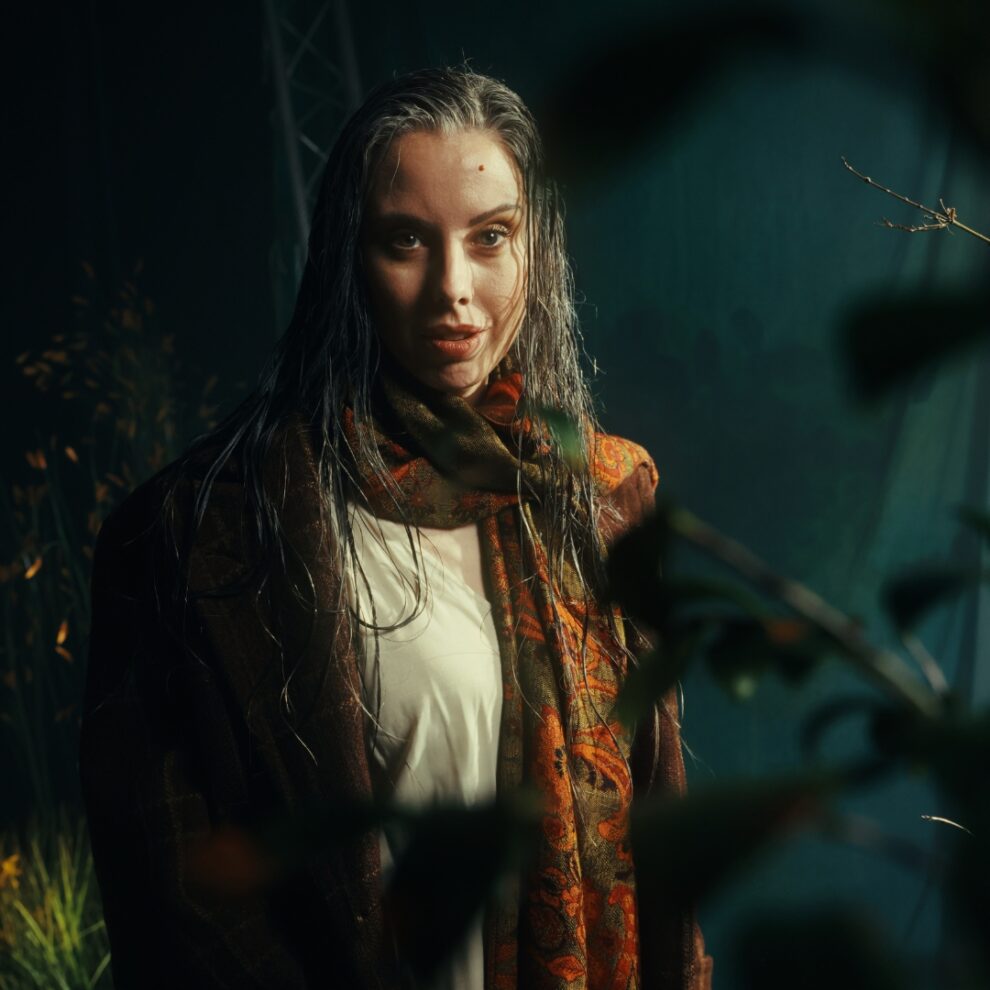
Katya Kabanova: 4 questions with Director Heather Fairbairn
Director Heather Fairbairn is at the helm of our upcoming production of Leoš Janáček’s Katya Kabanova. Here, she describes her cinematic approach to the opera and the composer’s hauntingly beautiful score.
How does Janáček’s music make you feel?
Janáček’s score gets right under the skin. It feels raw and tender, folkloric and romantic — like eavesdropping on Katya’s most private thoughts. The music surges with desire, fear, and longing, and it never lets you sit comfortably; it makes you live inside her vulnerability. As a director who works in both theatre and opera, I’m also drawn to the libretto’s naturalism. It doesn’t split into recitatives and arias but flows more like a play – unsurprising, since it’s based on Ostrovsky’s The Storm. Janáček weaves the rhythms and inflections of Czech speech into the vocal lines, creating a kind of “speech melody” that feels startlingly alive and contemporary.
What makes this production unique?
Instead of treating Katya Kabanova as a social drama in a specific town, we step inside Katya’s psyche. The staging — especially the live-capture video — is a reflection of her inner life: fractured, layered, and slowly collapsing. The camera puts us inside Katya’s point of view, so we experience the world as she does. That keeps her story intimate and urgent, even in the vast space of the Palais Theatre.

What excites you most about the production?
I’m excited by the interplay between opera and cinema. The Palais once functioned as a cinema, so using video and projection lets us embrace that history while using the space for live opera. I’m also fascinated by the way the production slowly disintegrates around Katya — it’s like watching her world implode in real time, which feels devastatingly truthful.
How do you hope the audience will feel when they leave?
I’d never presume to tell anyone how to feel — art is subjective. But Katya’s story is deeply moving: one of suffocation and erasure, but also of extraordinary courage. I hope the audience feels the force of her defiance, even if it costs her life.
For me, this opera is about visibility. Katya is constantly silenced, controlled, and diminished — yet through Janáček’s music and this production’s lens, she becomes impossible to ignore.
Read more: Desiree Frahn, soprano, on capturing Janáček’s tragic heroine
